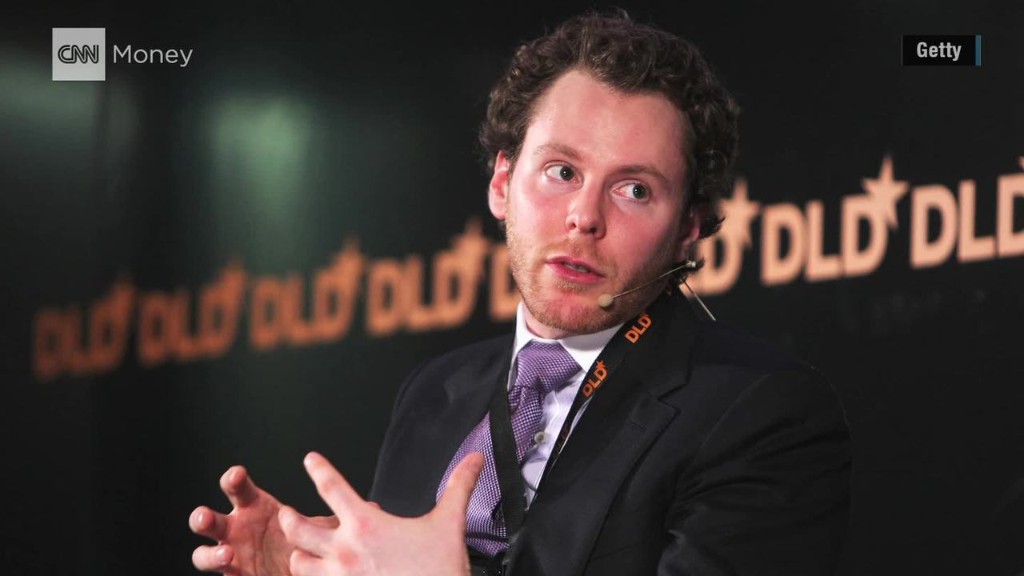
The man whose file-sharing service terrorized the music industry is injecting $250 million into the fight against cancer.
Silicon Valley billionaire Sean Parker announced a $250 million grant on Wednesday to establish the Parker Institute for Cancer Immunotherapy, which aims to increase collaboration among researchers and accelerate the development of immune therapies.
Immunotherapy uses the body's own immune system to help fight cancer, and is considered one of the most promising areas of emerging cancer research.
More than 40 laboratories and more than 300 researchers and immunologists will participate in the project, including six top cancer centers: Memorial Sloan Kettering, University of Pennsylvania, University of Texas, Stanford, UCLA and UCSF.
The Institute said that under the program, intellectual property licensing, data collection and clinical trials across multiple centers will be unified for the first time. The administration of all intellectual property will be shared across teams.
Parker, who co-founded Napster at the age of 19 and later became the founding president of Facebook (FB), told Reuters that researchers have made little progress on cancer drugs over several decades.
"I have no doubt this will allow us to make progress, and to make it much more quickly," he said.
Related: Sean Parker on how billionaires can change the world
Parker told CNNMoney in June that he wants to see a philanthropic model where big problems are identified and bold, risky investments are made to attack them.
"The incentives are set up in such a way that donors are rewarded for giving money. And, to some extent, I think, coddled because the currency in that world is recognition," he said.
He said at the time that charities should be run more like startups -- and be willing to fail, openly.
"In any other field outside of philanthropy, if a company released a product and just continued to insist that it was working when it wasn't -- and didn't listen to feedback from customers and didn't change -- they would probably fail," Parker said.
-- Poppy Harlow and Jackie Wattles contributed to this report

